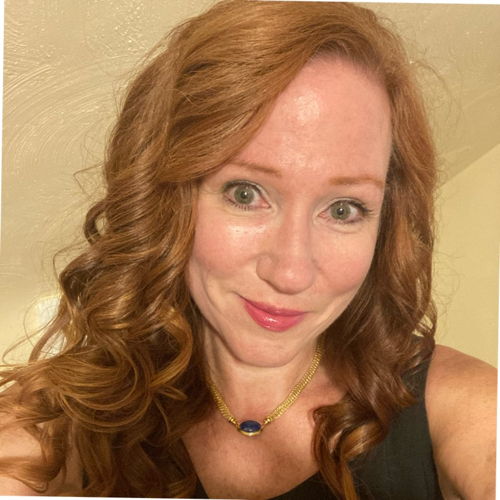Monica A Leyva

Monica Leyva is a Clinical Research Associate and Lead Implementation Science Specialist at Duke Clinical Research Institute, where she combines her passion for healthcare quality with a deep commitment to improving patient outcomes. With over a decade of experience in clinical operations and healthcare management, Monica specializes in the implementation of Guideline-Directed Medical Therapy (GDMT) and process improvement across large, complex systems.
At DCRI, Monica leads operational efforts for implementation studies, coordinates cross-functional teams, and supports collaboration between internal researchers and external partners. Her leadership is marked by a strong focus on mentorship, stakeholder engagement, and the development of evidence-based practices that elevate patient care.
Before joining DCRI, Monica held key leadership roles at Bon Secours Health System, where she oversaw cardiovascular service lines and led regional chest pain accreditation efforts across multiple facilities. Her contributions were recognized through awards such as the R.C. Dailey Excellence for EMS and the All Heart Award.
Monica holds a Master’s degree in Healthcare Administration from Purdue Global and is certified as a Six Sigma Lean Black Belt in Healthcare. She brings a patient-centered approach to every project, championing ethical research practices and fostering environments of trust, transparency, and collaboration in clinical research.
• Six Sigma Lean Black Belt in Healthcare
• Registered Cardiovascular Invasive Specialist
• Old Dominion University
• Purdue Global - BS
• Purdue Global - Master’s Degree
• ACRP
• American Heart Association
What do you attribute your success to?
I attribute my success to the knowledge that the research I contribute to has a meaningful and lasting impact on people’s lives—not just in the present, but for generations to come. That sense of purpose fuels my dedication, drives my performance, and inspires me to continually strive for excellence in advancing evidence-based healthcare.
What’s the best career advice you’ve ever received?
“We are all here to learn” is the best career advice I’ve ever received, because it re-frames every experience — success or failure — as an opportunity for growth. It reminds me to approach my work and my colleagues with curiosity and humility. No one expects perfection, and no one knows everything, no matter how experienced they are. This mindset encourages me to ask questions without fear, to listen actively, and to embrace challenges as lessons rather than setbacks. It also helps me be more patient and supportive with others, recognizing that everyone is on their own learning journey. Ultimately, it makes me more open to feedback, more resilient in the face of mistakes, and more collaborative — because when we’re all here to learn, we’re all here to help each other grow too.”
What advice would you give to young women entering your industry?
“Own your voice and trust your worth — and help other women do the same.” Don’t wait for someone to invite you to the table; you already deserve to be there. Speak up, even if your voice shakes, and know that your perspective adds value. Seek out mentors and allies who will support you, but also be willing to advocate for yourself when needed. Just as important: look for ways to support and lift up other women. Share your knowledge, celebrate their successes, and create spaces where others feel empowered to grow. Mentoring and building each other up not only strengthens individuals but also the entire field. Finally, take care of yourself. The industry can be demanding, and it’s easy to forget that your health and happiness matter just as much as your achievements.
What are the biggest challenges or opportunities in your field right now?
One of the biggest challenges in implementation science right now is balancing rigor with real-world relevance — making sure our strategies are both evidence-based and adaptable to diverse, complex settings. We also face challenges in measuring outcomes consistently and ensuring findings are generalizable across contexts. At the same time, there are exciting opportunities: leveraging digital tools to reach more people, embedding research within health systems to support real-time learning, and focusing on equity through community-engaged and global collaborations. These trends position the field to have even greater impact on improving health at scale.
What values are most important to you in your work and personal life?
In both my work and personal life, the values that guide me most are integrity, empathy, and curiosity. Integrity ensures I stay true to my principles and earn the trust of those I work with and care about. Empathy allows me to connect meaningfully with others, to listen and support them through challenges. And curiosity keeps me learning, growing, and open to new perspectives — which I believe is essential in both research and relationships.